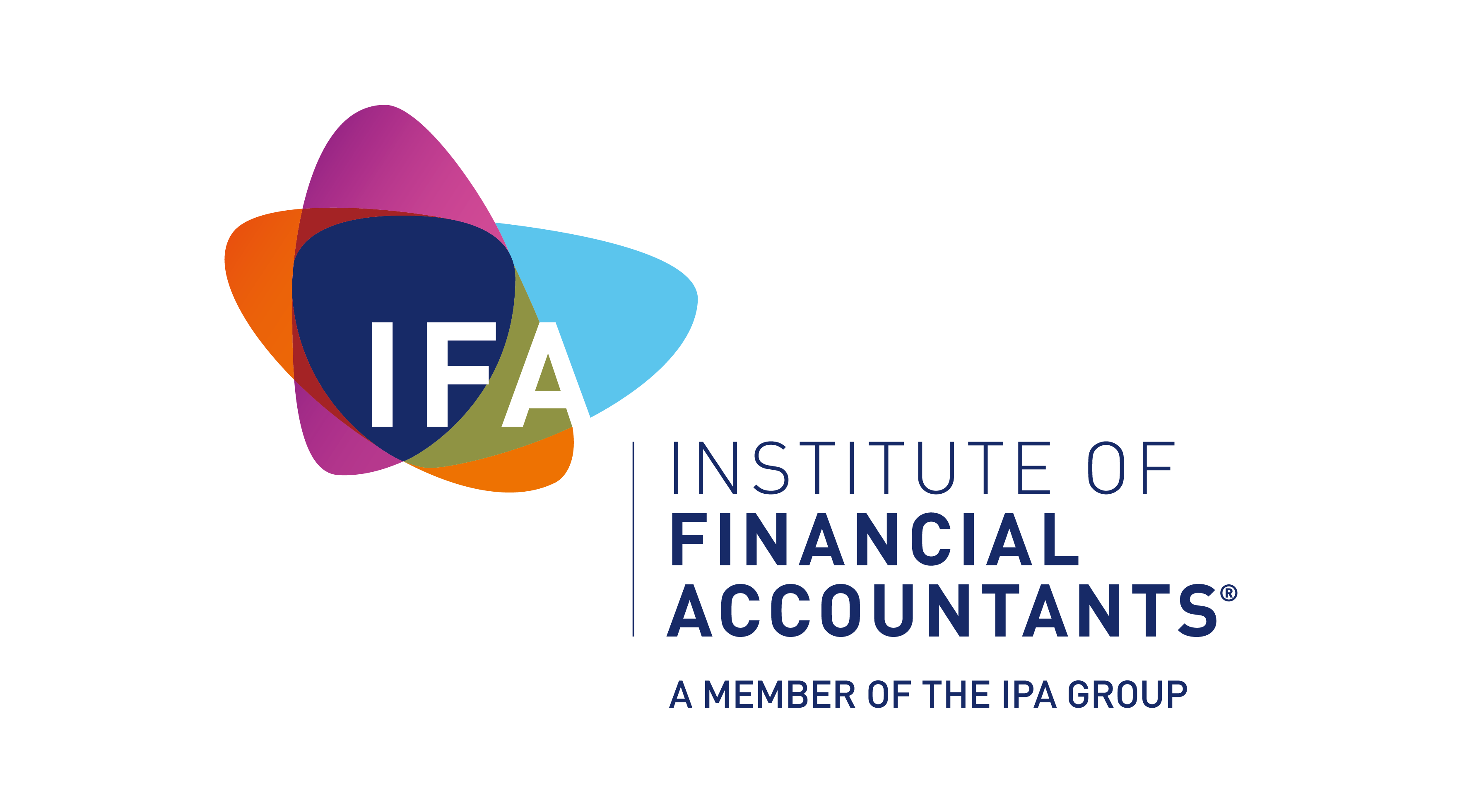IFA urges ‘more joined up thinking’ from Government in consultation response
The Institute of Financial Accountants (IFA) has responded to HMRC’s call for evidence on raising standards in the tax advice market, aimed at identifying possible approaches to raising such standards and increasing transparency in the sector.
The consultation asked for input from stakeholders on several areas including whether the HMRC Standards for agents are comprehensive enough as a base line for all tax advisers, how standards differ between types of tax advice, what more could government do to promote the work of good tax advisers, are there parts of the tax advice market where there are particular problems/concerns as well as the characteristics of good and bad practice and current government interventions.
In its response, the IFA highlighted some key considerations for raising and upholding standards in the tax advice market, calling for mandated and prescriptive education requirements for tax advisers; the notion of a kite mark for advisers that meet these criteria; and the desire for “more joined up government thinking”. Presently, the sector is only partially regulated, and advisers do not have to be formally trained, do not have to keep up to date, and do not have to be a qualified member of or be accountable to a professional oversight body. This leaves consumers at risk of selecting a tax adviser who is not qualified or up to date, without them being any the wiser.
Based on these key considerations, the IFA concluded it would be supportive in assisting HMRC and other agencies to help consumers make better choices by providing them with information on key criteria or questions to ask from their advisers. However, it would not support additional government regulation of its own members since it already has self-regulation in place such as the Code of Ethics, the Personal Conduct in Relation to Tax (PCRT) and other regulations, which require members engaged in public practice to have professional indemnity insurance and undertake continuous professional development to maintain their competency. The IFA also stated that it would welcome liaising with HMRC in future discussions on raising standards in the tax advice market and also with other professional accountancy bodies, in particular those bodies that are involved in developing the PCRT, which is adopted by the IFA.
One option that the IFA has highlighted as an obvious omission in the call of evidence is the protection of the titles of “tax agent” / “accountant”. Protecting these terms and mandating what standards an individual must reach to operate as a tax agent or accountant would remove the burden from consumers who could then be confident in the qualifications of any tax agent that they appointed. Furthermore, the National Risk Assessment states that the accountancy profession has low barriers to entry and this in itself makes it more vulnerable to exploitation by criminals wanting to money launder their proceeds of crime, something which could also be minimised if the terms were protected. While the IFA understands this may be a difficult area in terms of legislation, the protection of title of “tax agent” / “accountant” is a given in many countries.
John Edwards, CEO, The Institute of Financial Accountants comments: “We’re pleased that this call for evidence recognises the diversity of the tax market, both in terms of scope and different providers. While we appreciate that raising standards of advice in a diverse market is not easy to achieve as there is no ‘one solution that fits all’, we do not support additional external regulation for those operators who are already diligent. Introducing this potentially increases cost for no benefit, both for tax advisers and taxpayers, as it is not clear that external regulation would improve standards of behaviour and advice in the tax market.
It is also unclear why the government is unwilling to consider protection of the title ‘accountant’, given its links to raising the barriers to entry to the accountancy profession, which will reduce the risk of money laundering and terrorist financing in the UK. Consumers just assume that the sector is fully regulated and don’t know how to check that the adviser they have selected is qualified and up to date. The burden should not be on them to know this; it should be on the government to mandate the standards, to make it mandatory that those providing such tax advice are members of a professional body like the IFA, and for the professional bodies to supervise and hold them to account. We need to encourage consistency and transparency across the board and our recommendation to HMRC is to consider protecting the term accountant to help achieve this aim. We feel that perhaps some joined up thinking by the government and its agencies is needed to raise standards in the tax advice market and reduce the vulnerability of the accountancy profession to money laundering.”
The Government Consultation: https://www.gov.uk/government/consultations/call-for-evidence-raising-standards-in-the-tax-advice-market
